Discover the Surprising Benefits of Hugs: Boost Mood, Relieve Pain, and Celebrate International Hug Day!
Category: Healthy Body
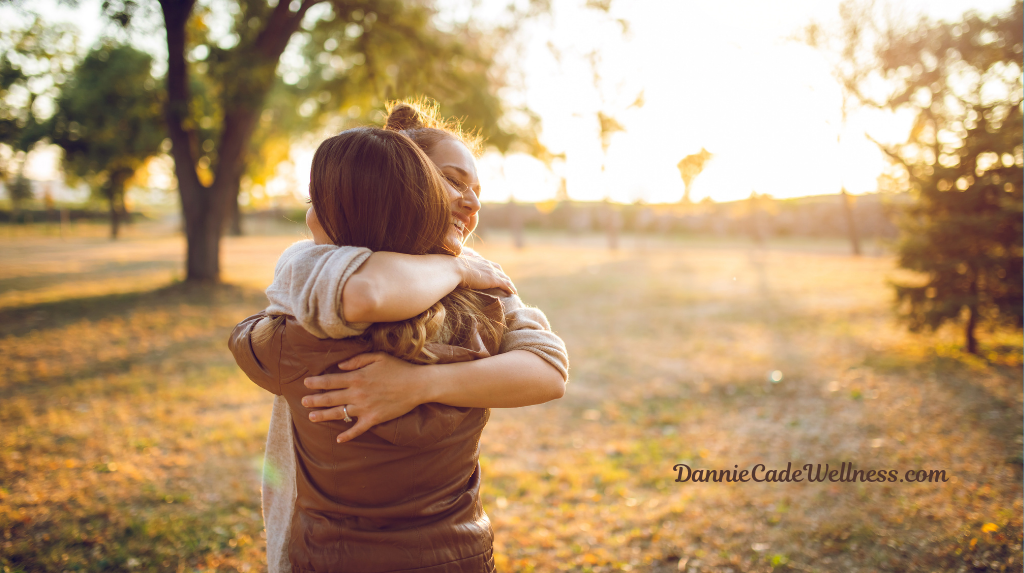
Hey everyone! Have you hugged someone today? If not, you’re in for a treat because we’re about to explore the amazing power of a hug on this International Hug Day! Let’s dive into the science, the magic, and the surprising truths about the power of a hug.
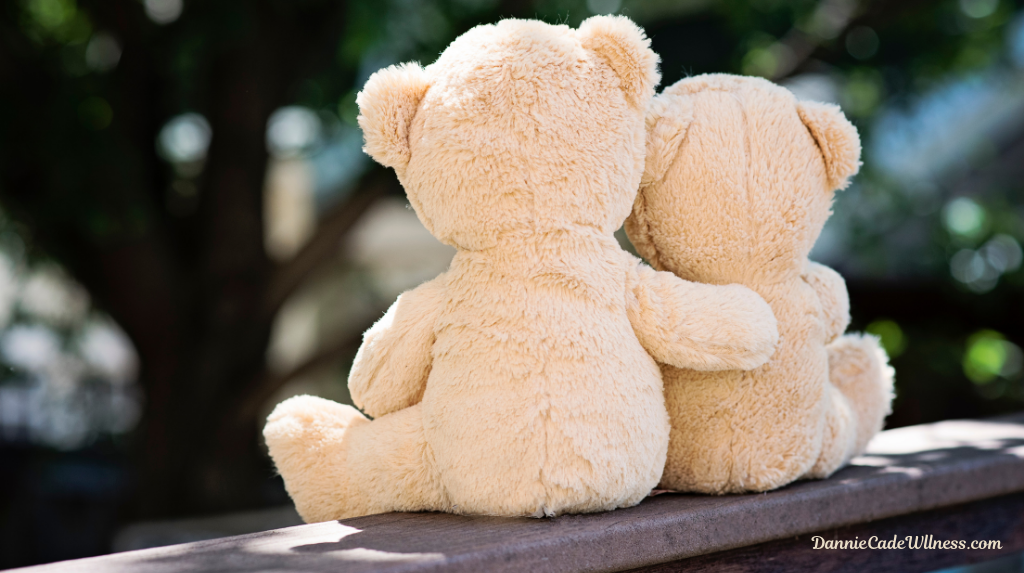
We’ve all heard that hugs are good for us, but do we truly understand the full impact they have on our health? On this International Hug Day, it’s more than just a comforting gesture – hugs are packed with benefits that can help boost your well-being in ways you probably never imagined.
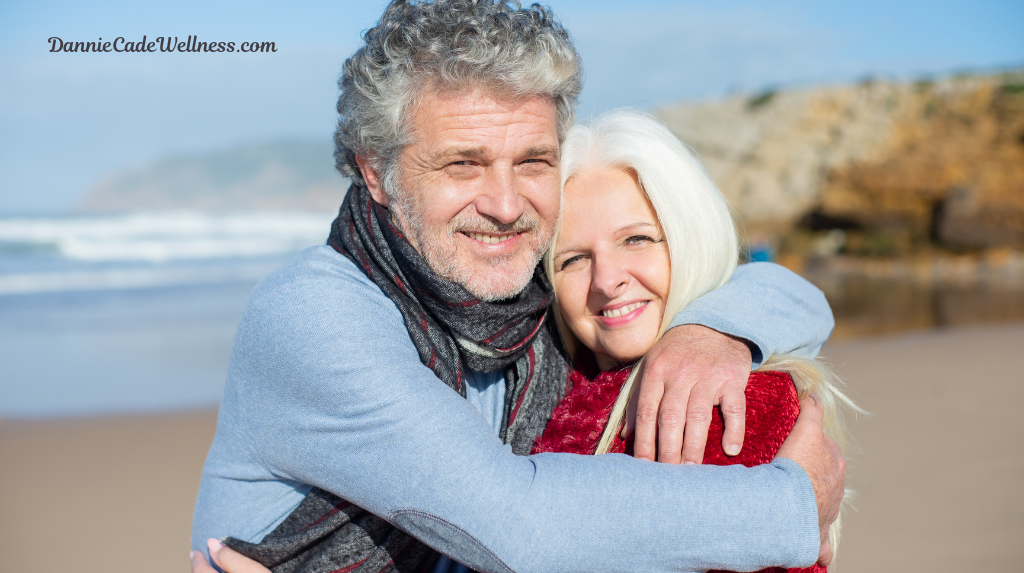
We know hugs feel good, but did you know they can actually reduce stress levels? A good hug triggers the release of oxytocin, the “love hormone” that helps lower stress, but here’s the thing – it also decreases the stress hormone, cortisol.
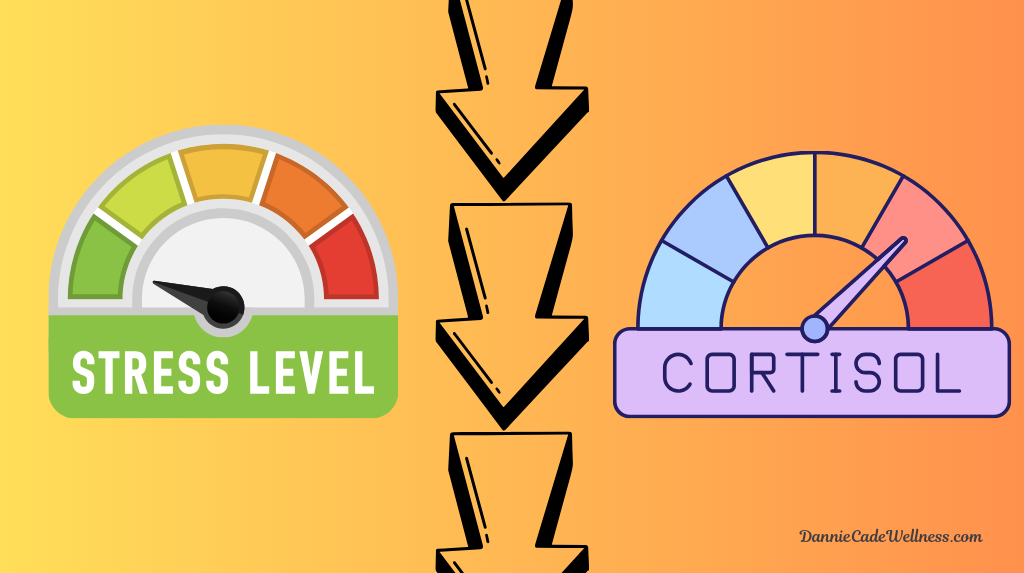
The connection between these two hormones is a game-changer for your body. You feel less anxious, and your body’s natural stress response is turned down a notch, all thanks to a simple embrace.
Here are a couple of tips: when hugging someone who is stressed or in pain, try matching their breathing. Synchronizing your breath with theirs can help them feel more relaxed and connected, enhancing the calming effect of the hug.
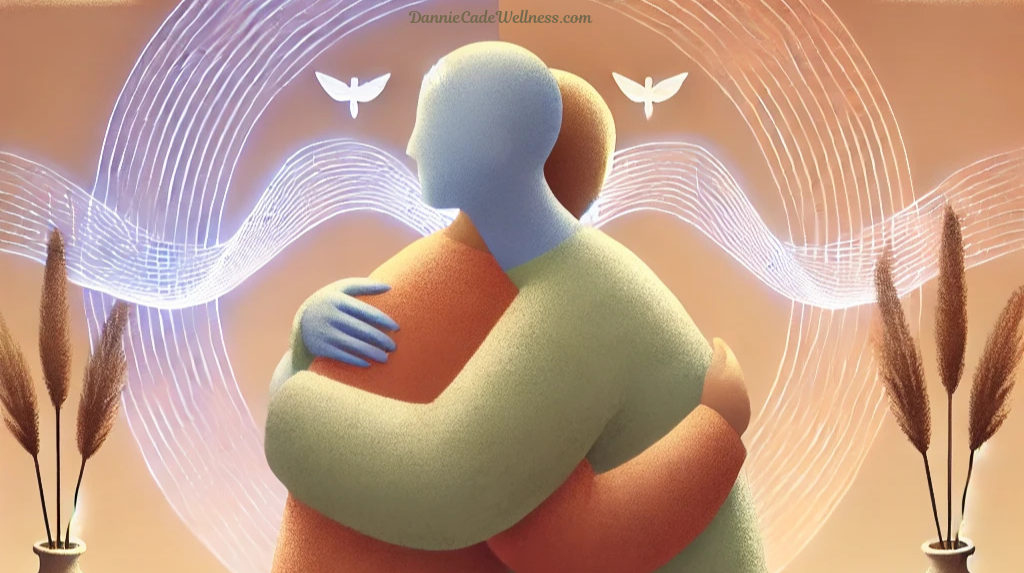
Additionally, humming in rhythm can create gentle vibrations that promote relaxation and deepens the sense of connection. A few years back I spent 4 years helping a young lady who was extremely traumatized, and when she was triggered or suffering from night terrors, I would do this for her and it worked wonders.
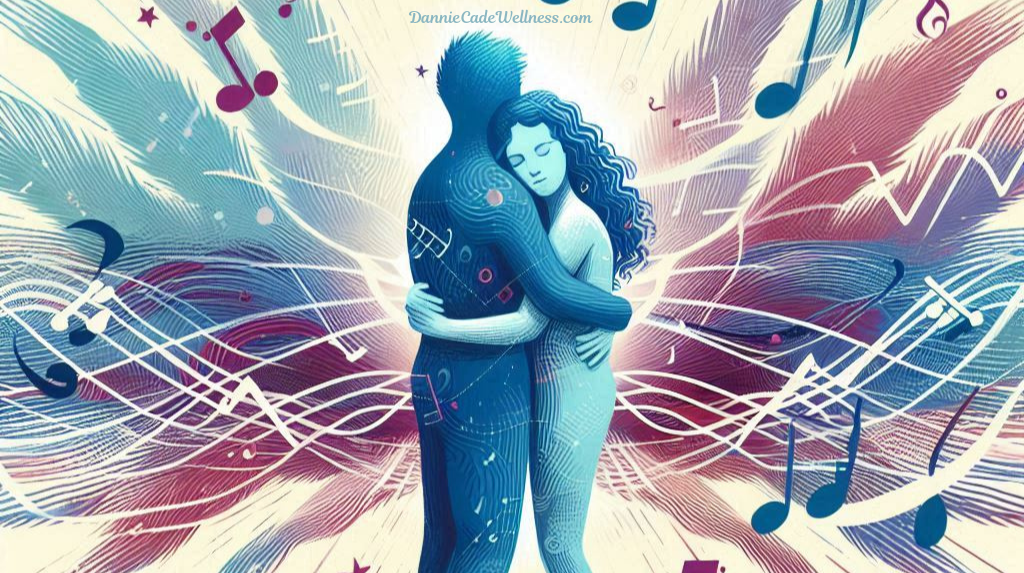
Do you have a special way or technique of comforting someone during a hug? I’d love to hear from you in the comments because I too love learning new things, so share up!
When you’re hugged, your brain releases oxytocin, which is not only a stress reliever but also a painkiller. In fact, studies show that hugging can decrease pain perception, making it a great tool for managing physical discomfort.
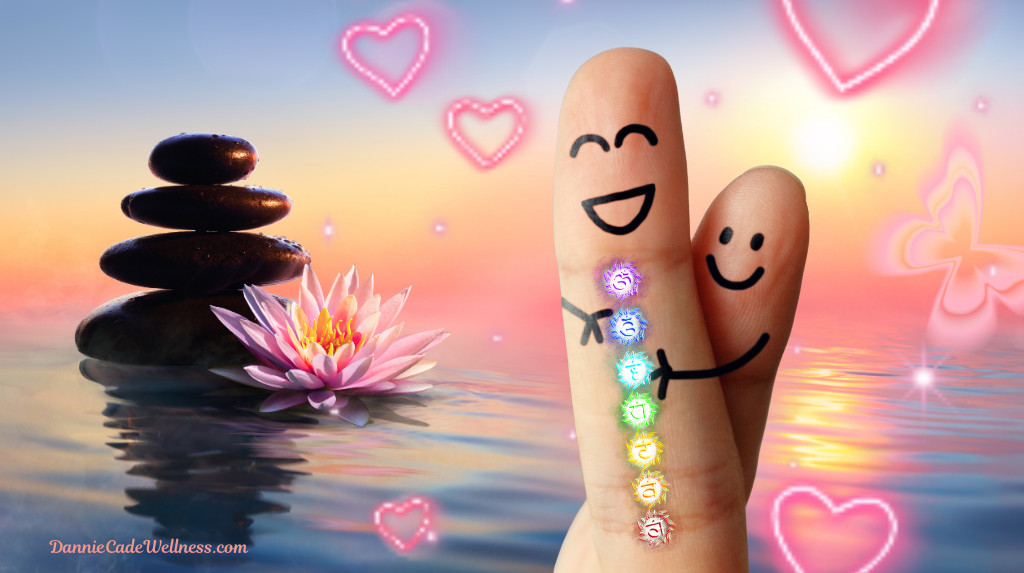
For those living with chronic illness or pain, a hug can be a simple but effective way to ease the intensity of that suffering. This is especially important because chronic pain can isolate people emotionally, and a hug can bridge that gap, offering a sense of connection and comfort.
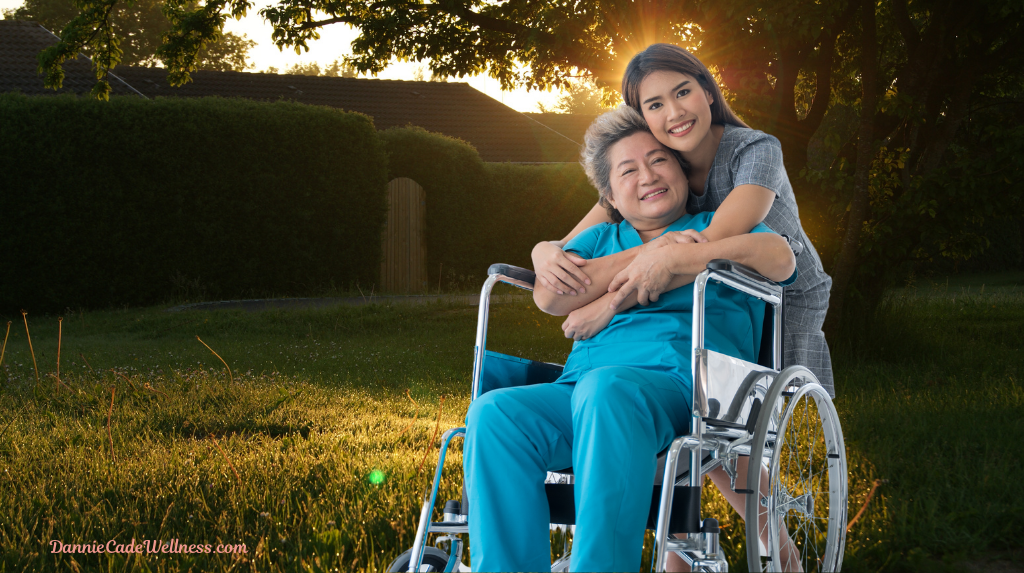
But what if you don’t have anyone to hug? If you’re feeling alone and without a warm embrace, consider hugging yourself – seriously. Wrap your arms around your own body, hold on tightly, and just be present in the moment. It’s not quite the same as hugging another person, I get that, but it can still have a positive effect on your mental and emotional state.
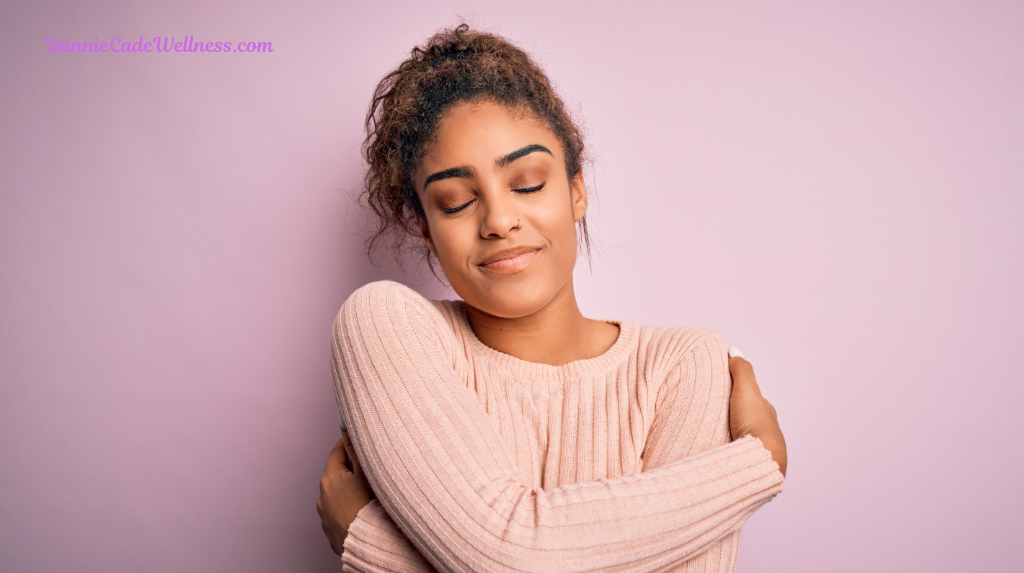
In fact, self-hugging can boost your oxytocin levels, reduce stress, and even make you feel a sense of safety and security. If you’re playing music, try breathing or humming to the beat and tones.
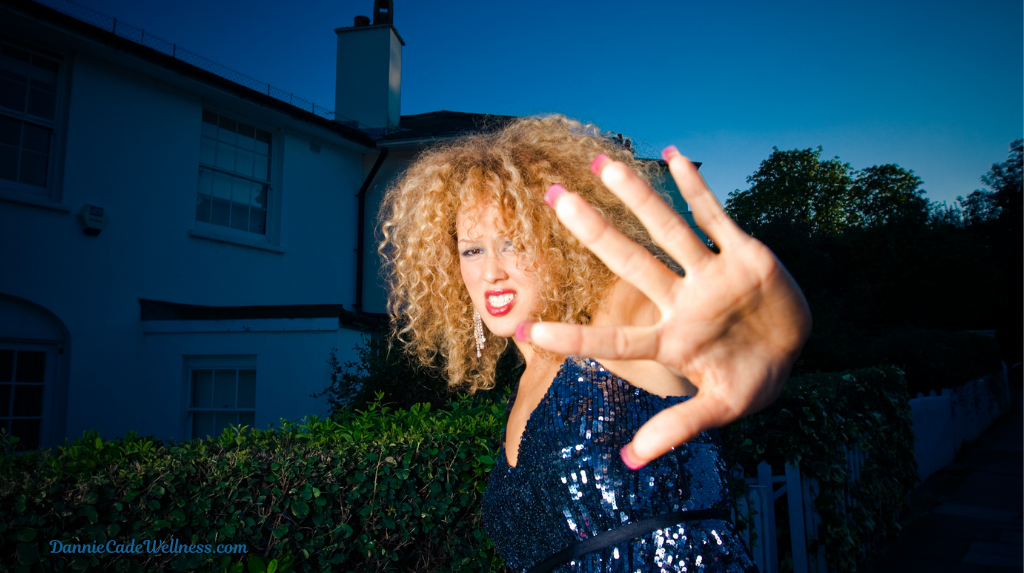
Now, let’s face it – some of us might not like hugging at all. Physical contact with others can be overwhelming or uncomfortable due to past trauma or touch aversion. I’m one of those people who prefers hugging teddy bears and pillows because these soft, comforting objects provide a similar sense of security and warmth without the complexities of human interaction.

Not only does this help me feel comforted, but it’s also a great reminder that finding our own way to feel comforted is perfectly okay. Sometimes, we just need to be alone with our emotions, without the pressure of someone else’s presence or their reactions. It’s about giving yourself permission to feel and heal in your own way.

Hugs are also essential for social bonding. When we hug, our bodies engage in a powerful interaction with the other person’s energy. This helps us feel closer and emotionally connected, plus it boosts our overall mental health, which is especially important for children.

Dozens of studies show that babies who are hugged regularly develop stronger immune systems and healthier brain function – which pretty much explains everything about me!
As a baby, I didn’t know I needed hugs and my parents apparently didn’t receive that memo, so I perfected the art of hugging teddy bears, dolls, cats, and pillows instead, and let me tell you, I loved that they never complained! It’s almost like hugs are a special code that tells our bodies, “We’re in this together, we’re okay,” even if it’s just me, myself, and I.
Oh, and just for fun here’s a quirky fun fact: Did you know there’s a tree-hugging craze that started in Shanghai, China, around April 2023? It all began when a woman after a night out with her husband, hugged a random tree on an empty street and immediately felt its positive effects.
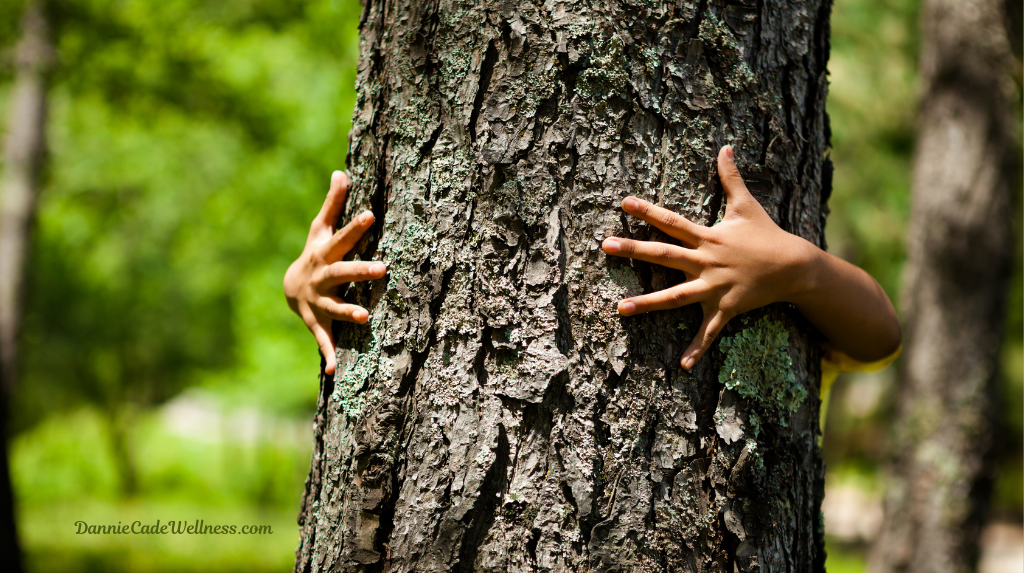
She shared her experience on social media, and it quickly went viral, inspiring others to try it as a way to relieve stress and anxiety. Imagine that – a whole city of tree-huggers literally taking the concept of a natural embrace to new heights! Have you tried it yet? Let me know how it made you feel.
Something else you probably didn’t know: A hug can actually improve your heart health. Yes, really! When you hug someone, your heart rate slows down, and your blood pressure drops. This can contribute to a healthier cardiovascular system. So, not only is hugging a wonderful stress reliever, but it also promotes a healthier heart.
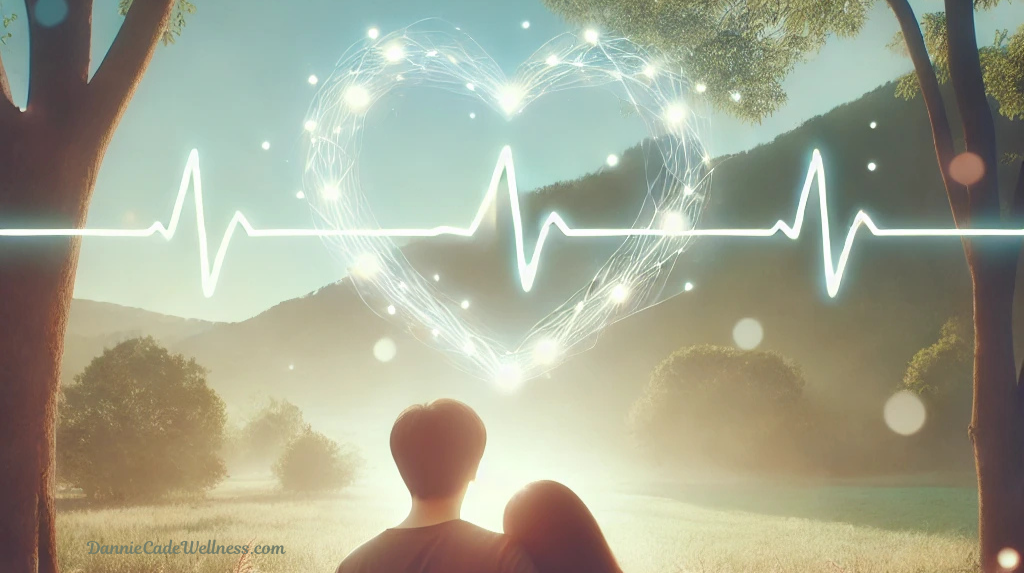
Hugging doesn’t just feel good emotionally, it’s also a real contributor to physical health. For people with chronic illness, it’s vital to note that while hugs can be healing, they also need to be mindful of people in severe pain or who have sensitivity issues, they may not always be up for a big bear hug.
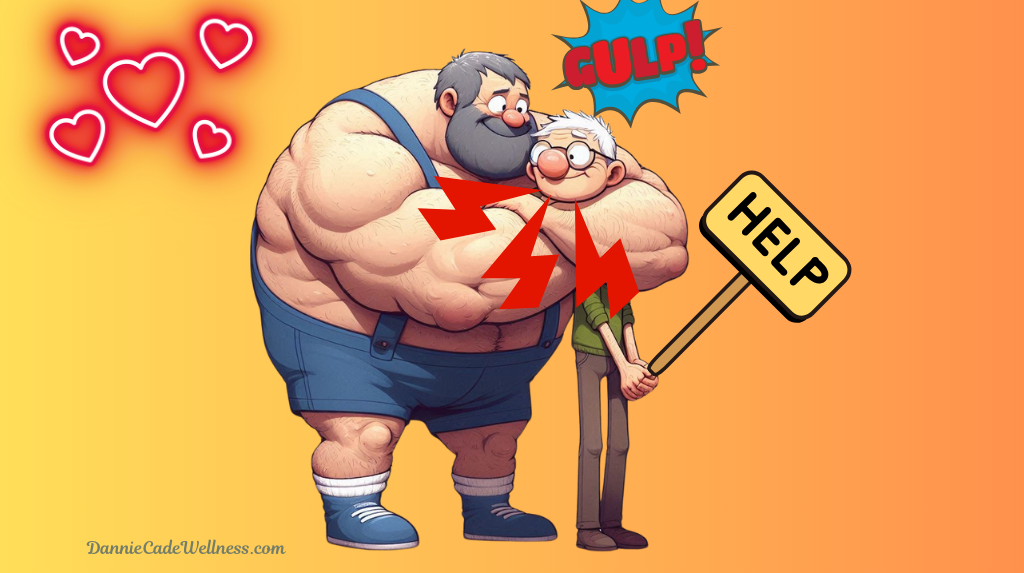
It’s essential to approach these situations with kindness and gentleness – a soft, mindful hug can provide emotional relief without causing discomfort. If I can see they’re in discomfort or I’m aware of their challenge, I always ask first as sometimes even a soft hug is just too much, even if they really do want one.
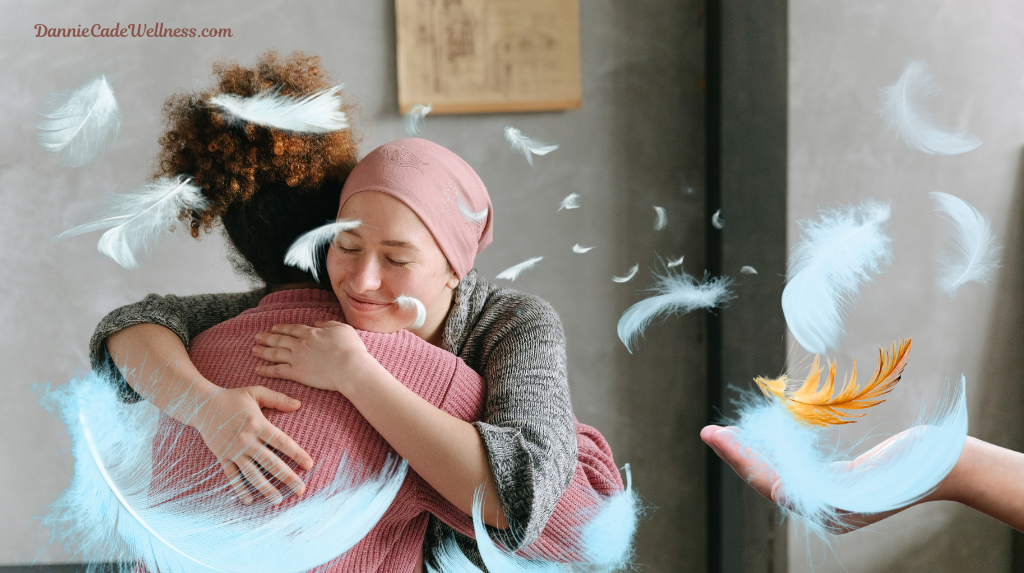
But what about those who are constantly dealing with illness, isolation, or even trauma? For people struggling with these experiences, the act of hugging can bring deep emotional healing. Sometimes, the power of a hug can be more significant than any medication.

It’s a non-verbal, comforting gesture that says, “I see you. I’m here. You’re not alone.” And for someone who’s been through traumatic experiences, a hug can create a safe space for healing, even if it’s just for a brief moment.
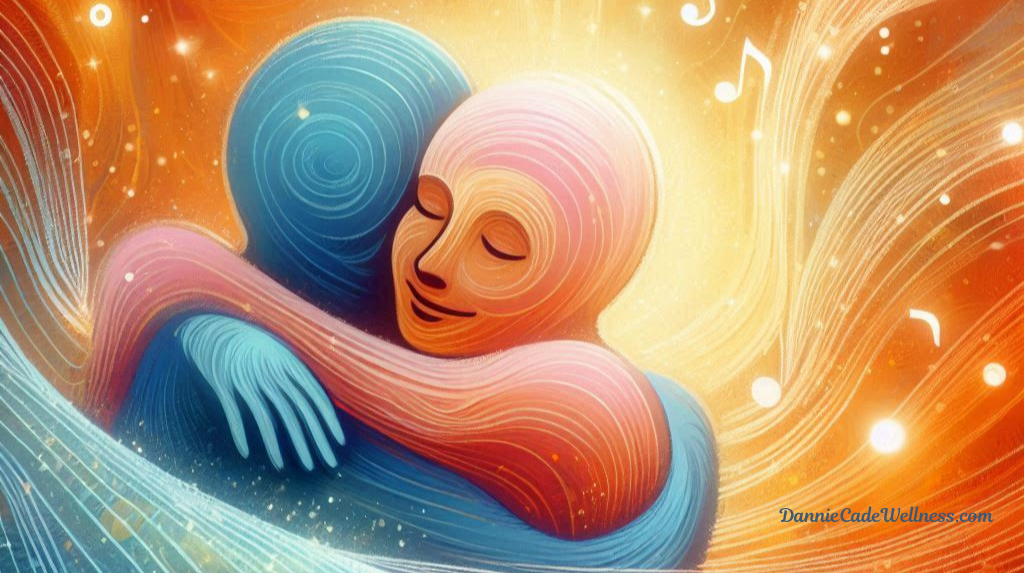
Let’s talk about the sheer power of a well-timed hug. There’s research showing that when people are feeling down, a hug can literally shift their mood. It stimulates brain regions associated with reward and pleasure, making them feel happier and more content.
The bonus is that it’s not just about the person receiving the hug – even the person giving the hug gets a boost from it. This two-way exchange of positive energy is what makes hugs such a beautiful, healing act, a win-win.
So, the next time you feel stressed, anxious, or isolated, reach for a hug. Whether it’s from a friend, family member, your pet, yourself, or your favorite pillow, the simple act of hugging can have profound physical, emotional, and mental benefits.

Remember always that even if you’re someone who doesn’t have anyone nearby to hug, don’t underestimate the power of just a few seconds of self-love. Embrace yourself, hold on for a moment, and let the healing power of a hug work its magic. It’s free, it’s easy, and it could change your life in more ways than one.
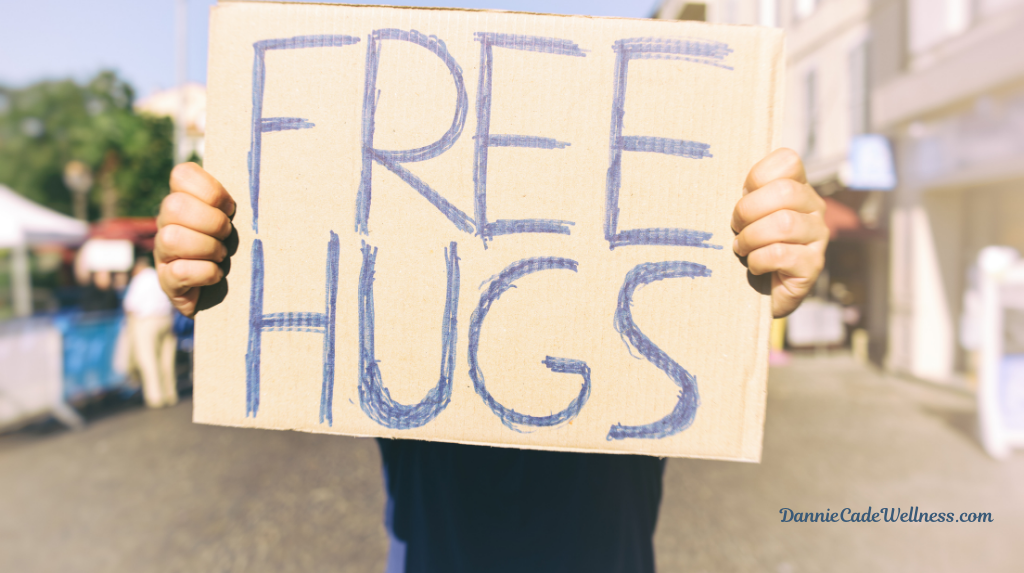
In the end, hugs are one of life’s simplest yet most effective tools for staying healthy, sane, and connected. Whether you’re dealing with stress, physical pain, or just need a moment to relax, a hug might be just what you need. So go ahead, give someone a hug – it’s a gift for both of you. Thank you for reading, pleae share and remember to get your free membership to access my online resource center full of all sorts of health hacks, tips and tricks to help you to feel better, naturally.
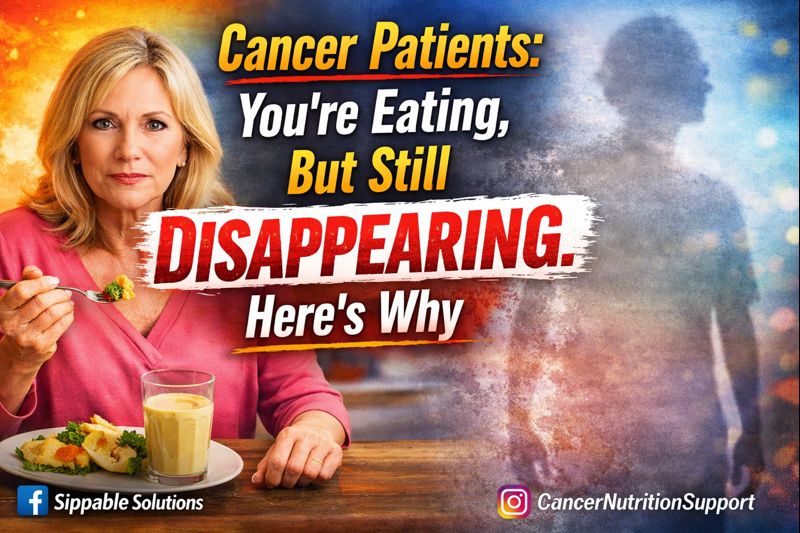
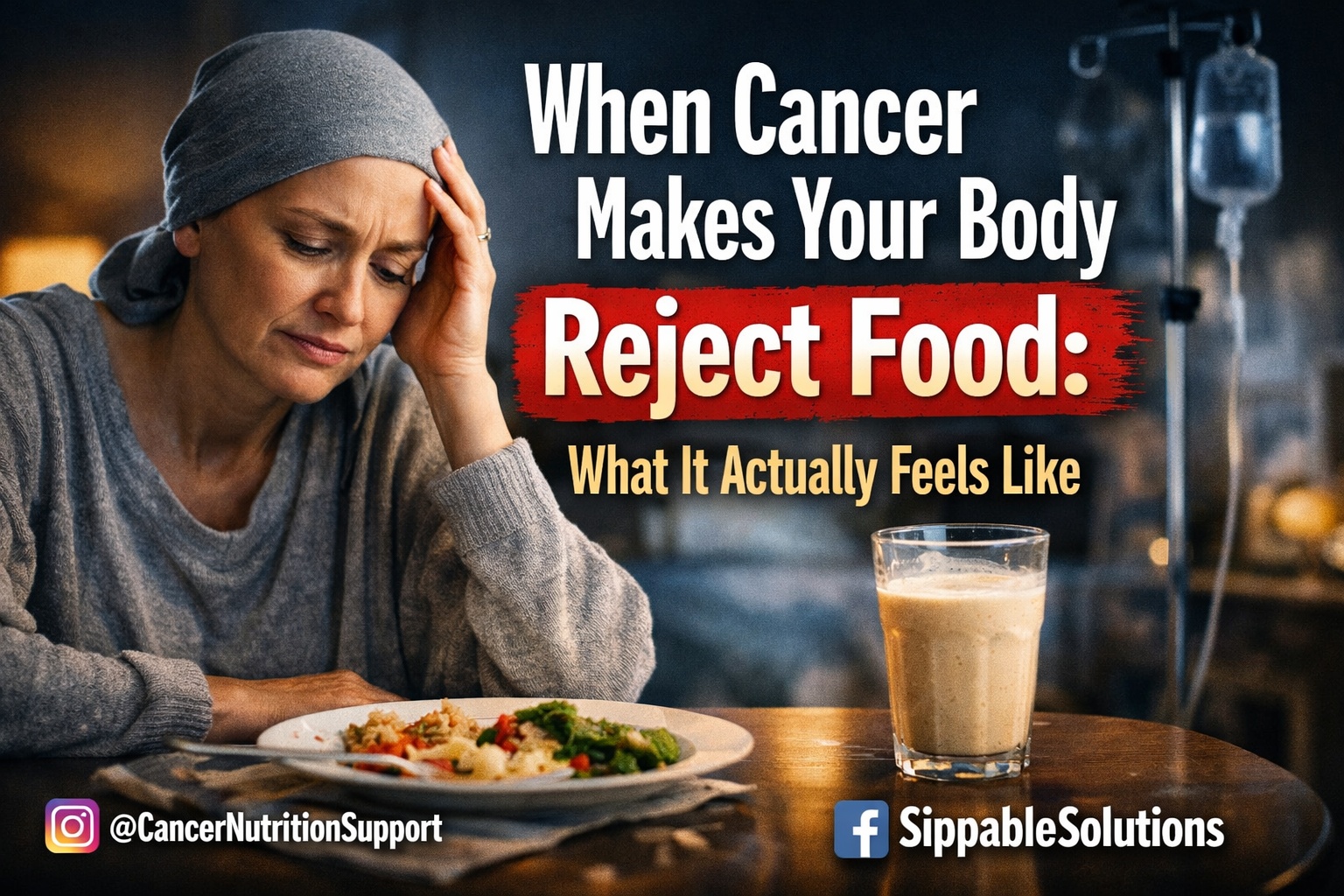
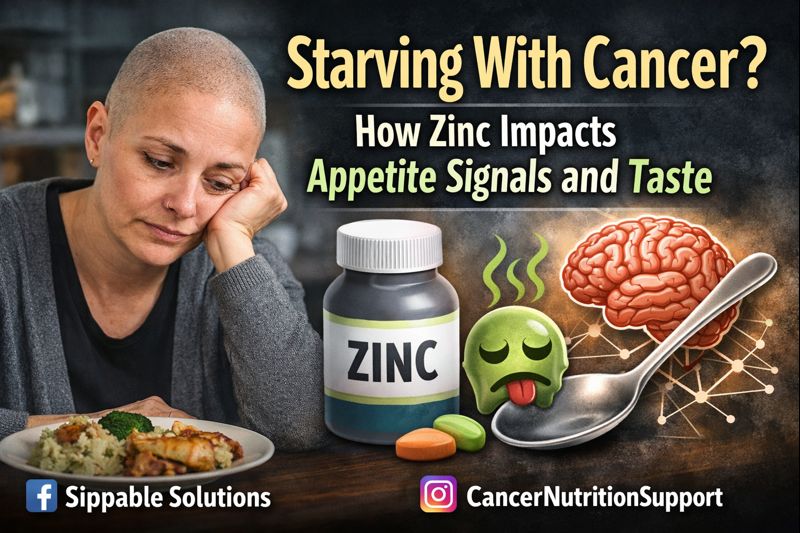
Facebook Comments